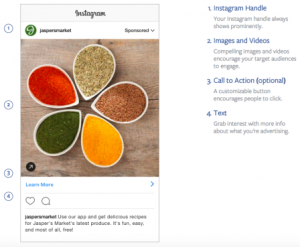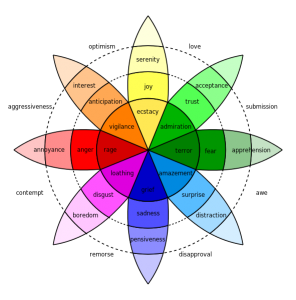Recruiting either comes naturally to you, or it doesn’t. However, even those who aren’t recruiting professionals will find themselves in situations where they need to be good recruiters, interviewers and, yes, sourcers. At my agency, I like to source and hire millennials. Every single one of my employees has started as an intern in college or fresh out of college. As recruiters, we know recruiting is competitive, and sourcing millennials can be tough, so there are a few traits recruiters must embody to attract the right candidates:
They Have Empathy
If you cannot put yourself in both your hiring managers’ and candidates’ shoes, you will lose at recruiting. Employment specialist Amy McDonald said in an article, “You have to get to know your candidate and client beyond what is on their resume in order to understand what motivates them.” While it can be easy for agency recruiters and third party recruiters to get caught up in a big payday, or a corporate recruiter to want to simply get someone into the role, that’s not a great way to approach a new requirement. Instead, take the time to meet your hiring manager to clarify her expectations for the new hire and what would really round out the team.
On the candidate side, understand what a big ask a new position is. When you are recruiting for a role, you are asking someone to leave the place they’re used to, to move from a family of colleagues and a salary and benefits they’ve come to understand and accept. That’s a lot of change, and not everyone is crazy about change. Your candidates also have to guess at what their new boss and team will look like, try to weigh the options from their current role to this new role you’re offering them. (And don’t kid yourself that your offering isn’t being compared to other offers.) Empathy goes a long way in understanding why people walk away from seemingly perfect offers and why hiring managers drag their feet even though you checked off every box in the requirement document.
They Like People
Shocking, I know. But if you genuinely don’t like most people, you won’t be a very good recruiter. Relationships are, and always have been, part recruiting. In order to build relationships with people, you have to enjoy talking to them, remember things that are important to them (like their skill set or their birthday), and allow them to vent and share in equal measure.
If a candidate tells you a secret, keep it. If a hiring manager tells you she doesn’t want entry-level hires because they don’t work well on her team, remember it. If you make a promise to anyone, make sure you keep that promise. Building goodwill, trust and a genuine love of people is what got many recruiters through the recession and it’s still good practice now that we’re out of it. Having a positive candidate experience is crucial, as 15% of candidates experiencing this say they will put more effort into a job, as opposed to those candidates who had a negative experience.
They Research What They Don’t Know
It can feel impossible to understand every language, specialized skill and assessment result when you fall squarely in the “generalist” column. However, one thing that does separate the wheat from the recruiting chaff is the ability to dig in and do a little research. This serves two purposes:
- You don’t look foolish when it’s time to speak with a candidate (or the hiring manager).
- It shows respect to both of the above and makes you a smarter, more marketable candidate yourself.
Research can be about skills, and never has the internet made this type of research so easy. In fact, there are so many crowdsourced platforms, communities and blogs today where the work is already done for you. It’s so easy, in fact, that 92 percent of recruiters already use social media as part of their recruiting process. Whether you use plugins like Rapportive or Prophet and social networks like Facebook or LinkedIn, finding important information is as easy as the click of a button. Know the skill set, know the candidate: Most great recruiters live by this credo.
They Work Smarter, Not Harder
Impact to the business and productivity are two different things, and any great recruiter will realize how to balance the two. Focus on making an impact on your business and you will find yourself working smarter, not harder. Outsource recruitment or pull internal resources in wherever you can, and plan your time so you’re spending it on things that affect your organization.
The best example of this is contacting sourced candidates. In a recent survey, 94 percent of respondents said that good or bad, they would like to know how they did in the interview. It is productive to upload a CSV and email 200 qualified candidates that you pulled from a keyword database, but sending a personalized outreach email to the top 20 after researching if they’re truly right for the position and in the area, etc. will have a greater impact.
Whether you are a recruiting professional or not, each of these traits is important in determining the success of many roles. The recruiting and sourcing industries are ever-changing, but there are a handful of things that remain constant — and those are the ability to have empathy, understand and like people, and research and work smarter.
Business & Finance Articles on Business 2 Community(92)
Report Post








